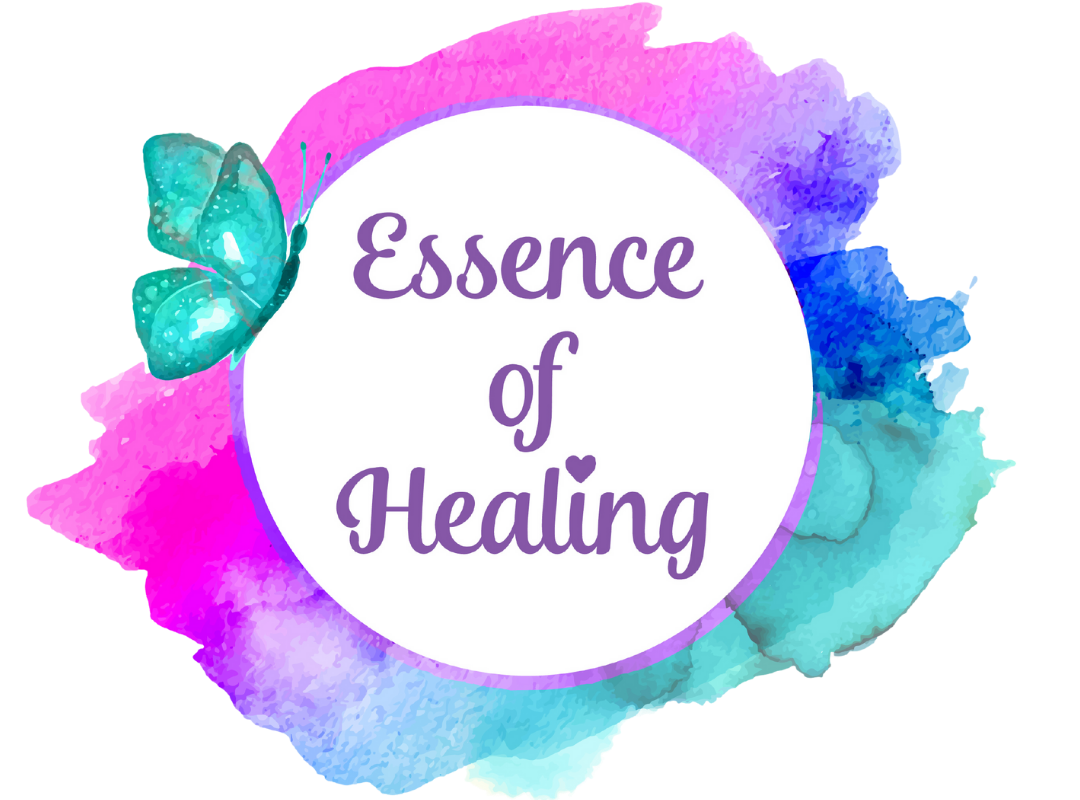Just be real with me: Authenticity in Therapy tips
Authenticity is your secret therapy tool, but it can be challenging to feel ready to lay out all your messy pieces to someone new. So why does authenticity matter, and how can you reframe it as a practice of self-love for a more fulfilling therapeutic experience?
Let’s talk it out.
We can’t fix what we don’t know
You’re probably not outright lying to your therapist, but withholding information to stay in a zone that’s comfortable can limit your ability to explore and heal in therapy.
Even the most skilled therapist can’t read your mind, so if you’re not able to share the things you genuinely need support with, we’ll struggle to make all the strides that are possible. When you’re open to receiving the support you deserve, the process flows much smoother.
What will you gain by being real in therapy
Being authentic in itself is the therapy tip that will change everything for you. When you’re ready to show up with your whole self and lay it all out (even the worst shit), you’re truly ready to shine. At least, that’s how it works for me.
I’m still made up of messy parts and complex stories. They’re parts of me that I'm happy to share with you during our sessions to show you how to find your peace with yours. You can nurture your softness while striving for greatness. They’re not opposites; they’re both more vibrant when encouraged to co-exist.
How can you overcome the fear of being so vulnerable?
Well, that’s what therapy is for! Overcoming vulnerability is a part of the important work you’ll do as you heal and write a story for your life that empowers you. You can use several tools to support that development right now; and, as we grow together, I’m happy to support you in growing the way you use them.
Journals and talking points for accountability
Maybe you freeze because speaking those thoughts out loud feels like it’s too much. Or perhaps you struggle to connect with your emotions once you’ve left that moment.
All these hesitations are valid, but they can get in the way when you’re trying to show up with all of you in therapy. When you share the important bits with me, I can help you develop the tools to access and explore them in an environment with lower pressure.
If you’re struggling to show up with those sharpest or softest parts of you, try using a journal or sending an email to get your most important thoughts out ahead of session time. If you’re vulnerable in another format that feels comfortable to share, using that medium is a great way to navigate safely to expand your authenticity.
Have a safe word
Safewords will be familiar to you if you’re in a BDSM relationship. They’re a tool you use to create a security framework as you explore new situations. Your safe word can be anything, and its meaning can be tailored to meet your needs.
Putting a safe word (or safe words) in your therapy can help you navigate difficult emotions that you aren’t ready to put into words. Your safewords can be established in our first session or at any point in our relationship. Together, we can decide the word(s) you’ll use and what prescriptive response I’ll offer when they come up.
Some examples of safe words and their meanings are below. Your safe word must be easy to remember and something you don’t use in conversation regularly.
Shark: I feel unsafe and need help exploring that or returning to safety
Mayday: Help me, please. I do not know how to navigate this feeling/moment.
Grapes: Stop. I can’t take anymore, and I need a break or return to safe ground.
These words and their meanings are just an example of how you can create the tools you need to stay safe while expanding your vulnerability.
Prioritize communication skills
Early on in becoming a therapist, I learned the value of active listening. Asking questions, clarifying what I think I’m hearing, and investing in the exchange of information to create an understanding from the perspective of the person I’m listening to. This is the root of developing effective communication to be authentic in therapy.
Learning these skills as well will benefit you in many ways that extend past your therapeutic spaces. When you put your communication skills in the center of the conversation, you create the space to effectively participate in letting folx know how you feel and hear others as well.
For your own sake, your communication skills should settle right at the top of your priorities in building a positive self-love relationship with yourself in therapy and your everyday life.
Whether you’re feeling ready to show up and be your most authentic self or looking for guidance along the way as you work toward it, good therapy and authenticity go hand in hand - and I’m happy to hold yours.




